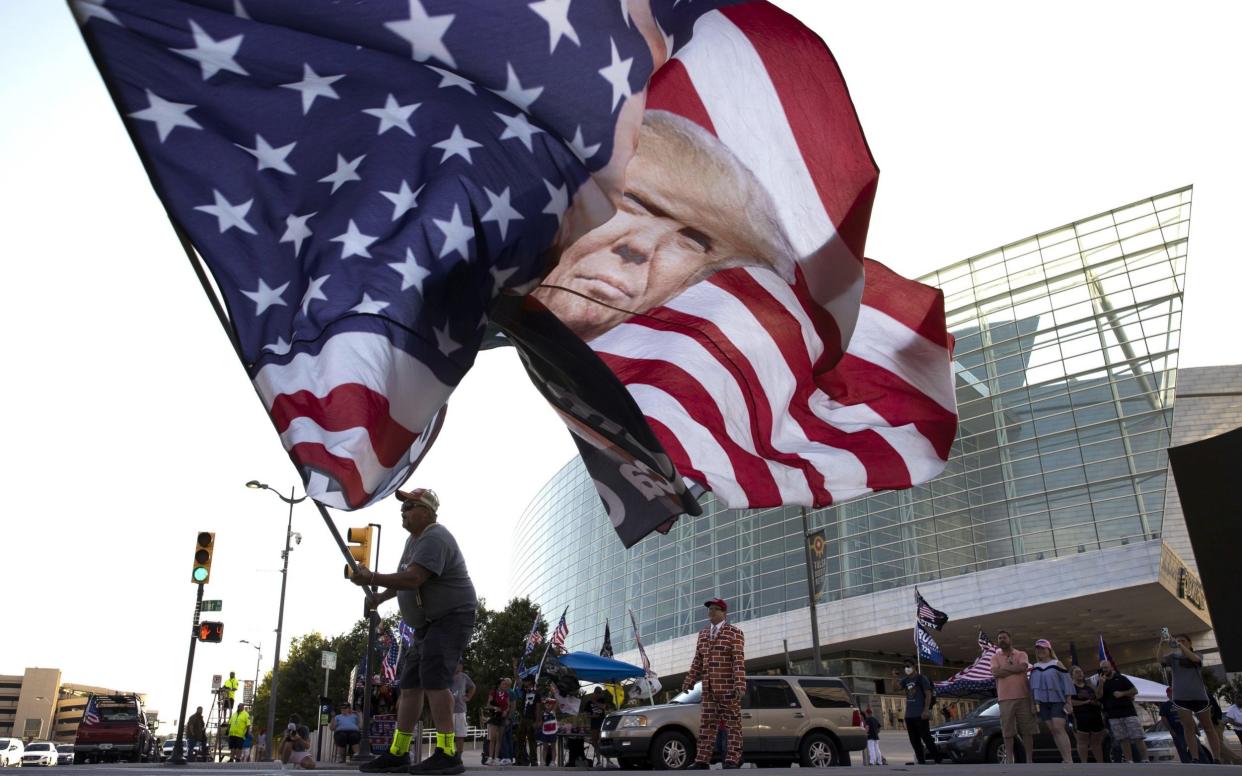US Supreme Court rules nearly half of Oklahoma is Native American land

The US Supreme Court has ruled that nearly half of Oklahoma was Native American land, a decision that some officials warned could throw the state into chaos.
The decision means that for the first time much of eastern Oklahoma is legally considered a reservation. More than 1.8 million people live in the land at issue, including roughly 400,000 in Tulsa, the state’s second-largest city.
The unique case represented the opportunity for the Supreme Court to weigh in on the limits of tribal sovereignty and revisit the country's history of displacing native tribes from their land.
Under the ruling, tribe members who live within the boundaries would become exempt from certain state obligations such as paying state taxes, while certain Native Americans found guilty in state courts may be able to challenge their convictions on jurisdictional grounds.
The tribe also may obtain more power to regulate alcohol sales and expand casino gambling.

The question before the court involved a case brought by Jimcy McGirt, a member of Seminole Nation of Oklahoma, who argued that his case ought to be tried by the federal government because the crimes were committed on the land of historic Muscogee (Creek) Nation.
McGirt was convicted of sex crimes against a child by state authorities in the Nation’s historical boundaries.
He argued that Congress had never clearly destroyed the sovereignty of the Creek Nation over the area, covering about half the state.
The ruling voided McGirt's sentence of 1,000 years in prison but he could face a new trial in federal court rather than state court.
The state of Oklahoma argues that the Creek Nation’s claimed territory was not a reservation at all.
The state said the Supreme Court’s acceptance of McGirt’s reasoning would “cause the largest judicial abrogation of state sovereignty in American history, cleaving Oklahoma in half.”
However, Jonodev Chaudhuri, ambassador of the Muscogee (Creek) Nation and a former chief justice of the tribe’s Supreme Court, said the state’s argument that such a ruling would cause legal havoc in the state was overblown.
“All the sky-is-falling narratives were dubious at best,” Mr Chaudhuri said. “This would only apply to a small subset of Native Americans committing crimes within the boundaries.”


